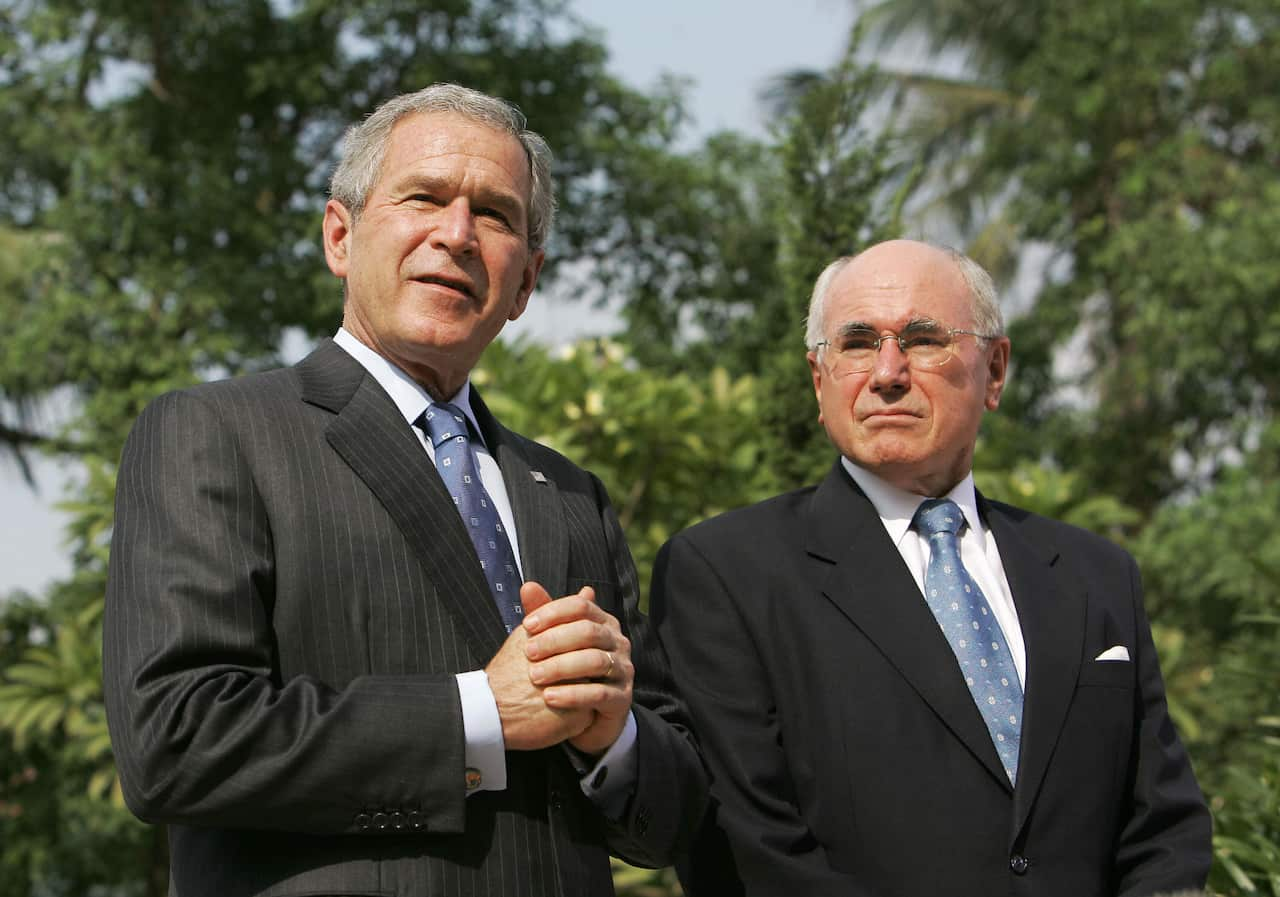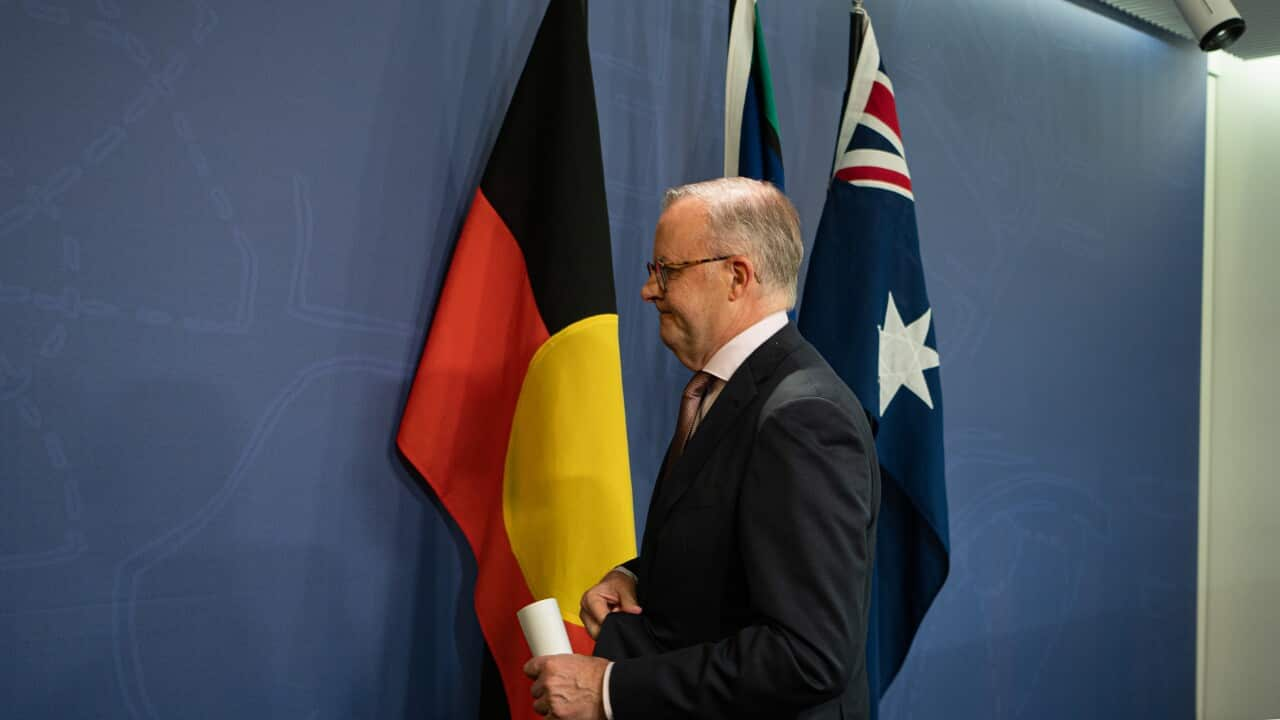KEY POINTS:
- The government has launched an investigation into why key documents on the invasion of Iraq went missing.
- The Coalition failed to hand over 78 documents to the National Archives of Australia.
- Former top public servant Dennis Richardson will lead the inquiry.
Australians have the right to know why the country went to war in Iraq, Prime Minister Anthony Albanese said, as he ordered an inquiry into why some records surrounding the invasion were kept secret.
But Albanese stopped short of suggesting the Morrison government tried to "cover up" some 78 documents from 2003 cabinet records surrounding government deliberations in the lead-up to the 2003 Iraq War.
The prime minister said on Wednesday the public service has now provided all 78 documents, which the former Coalition failed to hand to the National Archives (NA), "within days" of being ordered to find them.
The files were meant to be part of the NA's annual cabinet papers release on January 1.

Speaking publicly for the first time in 2024, Albanese said former top public servant Dennis Richardson will conduct an inquiry into why the documents were withheld, and will report back within the next fortnight.
"Australians lost their lives during that conflict, and we know that some of the stated reasons for going to war were not correct," he said.
"My government believes that this mistake must be corrected, that the National Archives of Australia should release all the documentation that has been provided to them.
"There is no reason why these documents, with the exception of putting people in danger, should not be released in a transparent way."
At the beginning of each year, the NA releases cabinet papers from two decades prior, providing historical insight into the government of the day's deliberations.
Three years before their public release, the government of the day is legally required to pass documents to the NA for assessment.
Despite being in charge of the 2003 tranche, the former Coalition government under Scott Morrison failed to hand over 78 documents.
In a statement this week, the Department of Prime Minister and Cabinet (PM&C) accepted the files should have been transferred but blamed an "administrative oversight" for its failure to do so.
If this doesn't occur, we'll look at whether the government needs to take further action to ensure that there's transparency hereAnthony Albanese
Asked whether he believed they were withheld as part of a cover-up, Albanese said: "That's why we have asked Dennis Richardson to do the review. I'm not aware of the circumstances, obviously. I wasn't a member of the cabinet or the NSC (National Security Committee) in 2003".
Albanese said current PM&C secretary Glyn Davis was only notified of the failure around Christmas, and his department had already located and provided the documents, urging the NA to ensure each was made public.
"If this doesn't occur, we'll look at whether the government needs to take further action to ensure that there's transparency here," Albanese said.
Documents that were released as part of the 2003 cabinet papers show former prime minister John Howard ran most of his deliberations through the highly secretive National Security Committee (NSC). Details of NSC meeting remain scant, as they were not provided to the NA.
In March 2003, cabinet quickly signed-off on the invasion after what Howard described as "extensive" discussions with US President George W Bush.

The invasion was not debated by parliament, did not have bipartisan support, and is viewed by major legal groups as illegal because it did not have approval from the United Nations.
Independent MP Andrew Wilkie, who quit his job in intelligence over the 2003 invasion, blasted the absence of NSC documents as "another appalling dimension of this shocking period in Australian political history".
A sectarian war in Iraq, unleashed after coalition forces toppled dictator Saddam Hussein and quickly disbanded the country's institutions, is estimated to have killed more than 200,000 Iraqi civilians.
The invasion is also widely considered central to the emergence of the self-proclaimed Islamic State (IS), which went on to seize and brutally rule swathes of Iraq and Syria between 2013 and 2017.

